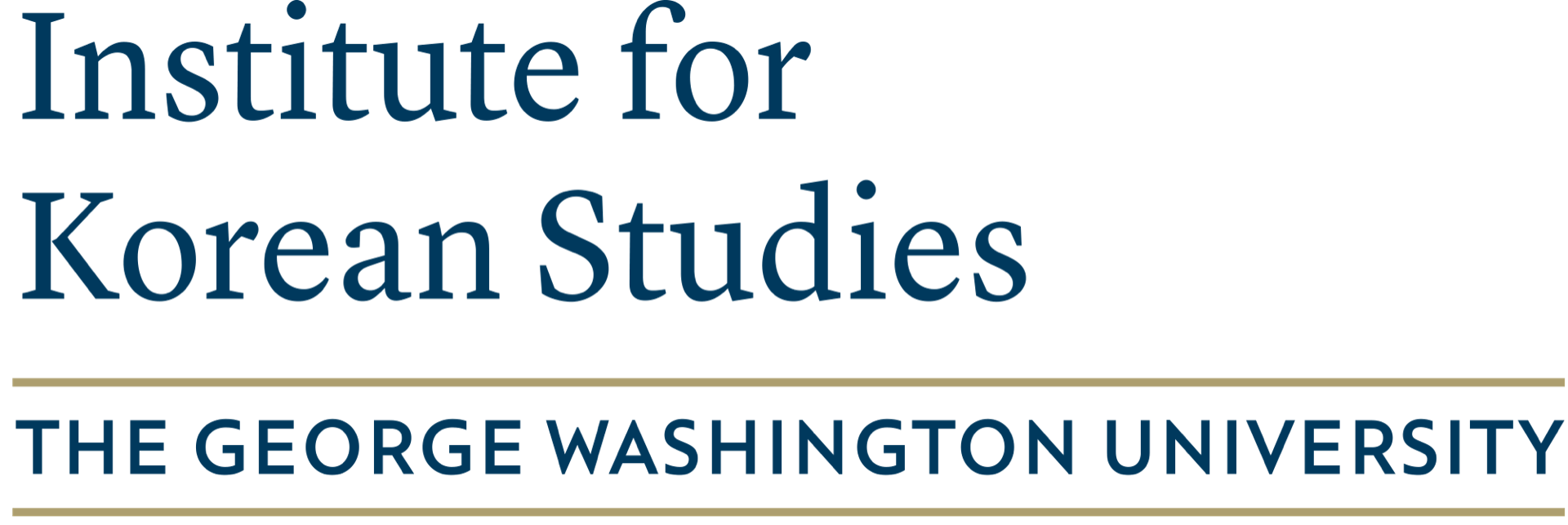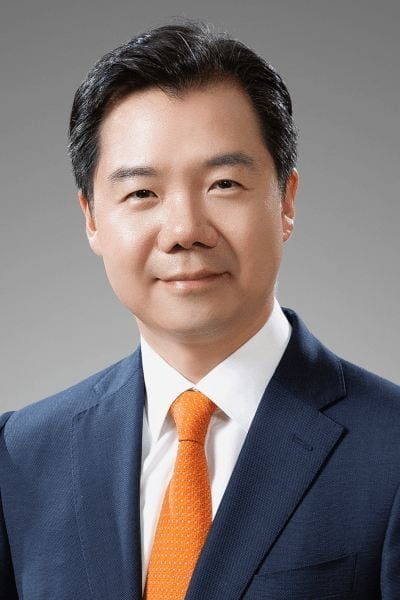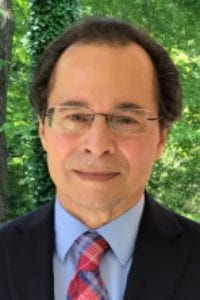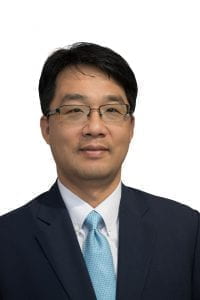[2/14/2020] Energy Cooperation between Korea and the U.S.: Opportunities and Challenges


“Energy Cooperation between Korea and the U.S.: Opportunities and Challenges”
Korea Policy Forum

Event Description
Energy security has long been a key policy agenda for the Republic of Korea and the United States. Geopolitical risks related with oil and gas supply, especially the instability in the Middle East and the South China Sea, still constitute a key pillar of energy security for both ROK and the U.S. Recently, the ROK has emerged a major buyer of U.S. LNG and shale oil. However, energy partnership between the two countries should be built beyond energy transactions. It should cope with the challenges from climate change and energy transition while exploring the opportunities in new energy technologies and emerging markets at the global level. Energy security cooperation needs to be re-emphasized as a key element of the comprehensive alliance. This seminar addresses key opportunities and challenges of U.S.-ROK energy cooperation.
Speaker
Jae-Seung Lee
Professor and Jean Monnet Chair in Division of International Studies, Korea University
Discussant
Thomas Nicholas Russo
the George Washington University
Moderator
Yonho Kim
Associate Director, GW Institute for Korean Studies
Date & Time
Friday, February 14, 2020
2:00 p.m. – 4:00 p.m.
Location
Room 505
Elliott School of International Affairs, the George Washington University

Dr. Jae-Seung Lee
Dr. Jae-Seung Lee is Professor and Jean Monnet Chair in Division of International Studies and Director of Nordic-Benelux Center at Korea University. He has been affiliated with Johns Hopkins School of Advanced International Studies (SAIS) and Stanford University as a visiting scholar. He serves as Policy Advisor to Korea’s Ministry of Foreign Affairs, Chairman of Asia-Europe Energy Policy Research Network (AEEPRN) and Board Member of Chey Institute for Advanced Studies (CIAS). As a scholar in international political economy, Jae-Seung Lee has been specialized in energy security, regional cooperation and Korea’s foreign policy. His current research focuses on energy geopolitics in East Asia. Professor Lee holds a B.A. in political science from Seoul National University, M.A. and Ph.D. in political science from Yale University. He has contributed op-ed articles to major Korean newspapers and has commented on international affairs for BBC, CNN and Korean broadcast stations. Professor. Lee regularly speaks at Shanghai Forum, Beijing Forum and Salzburg Seminar.

Tom Russo
Tom Russo is an Energy and Environmental specialist in regulatory matters and a CISSP who specializes in physical security and resiliency of natural gas, oil and NGL pipelines and facilities. Prior to founding Russo on Russo on Energy LLC in May 2015, Mr. Russo worked for over 30 years as a Manager and Sr. Energy Industry Analyst at the U.S. Federal Energy Regulatory Commission (FERC). During that time, he worked on natural gas and crude oil infrastructure and markets, NEPA environmental impact assessment and hydropower matters, especially with the International Joint Commission. Earlier in his career he worked on water resources issues in Iran and Peru. He writes an Energy and Environmental column for the Natural Gas and Electricity Journal and is an Associated Fellow at the R Street Institute

Yonho Kim
Yonho Kim is Associate Research Professor of Practice and Associate Director of GW Institute for Korean Studies. He specializes in North Korea’s mobile telecommunications and U.S. policy towards North Korea. Kim is the author of North Korea’s Mobile Telecommunications and Private Transportation Services in the Kim Jong-un Era (2019) and Cell Phones in North Korea: Has North Korea Entered the Telecommunications Revolution? (2014). His research findings were covered by various media outlets, including Wall Street Journal, The Atlantic, Yonhap News, and Libération. Prior to joining GWIKS, he extensively interacted with the Washington policy circle on the Korean peninsula as Senior Researcher of the U.S.-Korea Institute at Johns Hopkins University School of Advanced International Studies, Senior Reporter for Voice of America’s Korean Service, and Assistant Director of the Atlantic Council’s Program on Korea in Transition. He holds a B.A. and M.A. in International Relations from Seoul National University, and an M.A. in International Relations and International Economics from Johns Hopkins University School of Advanced International Studies.

